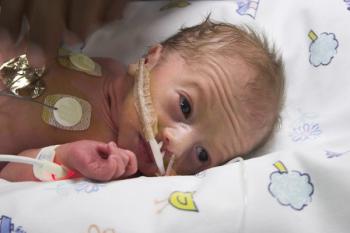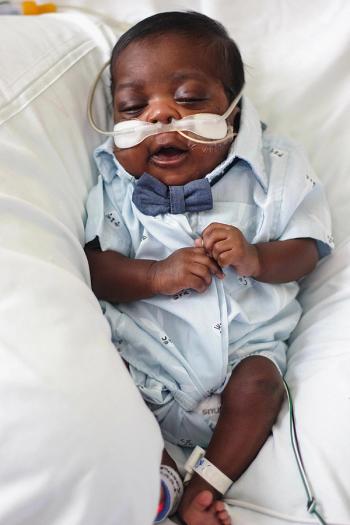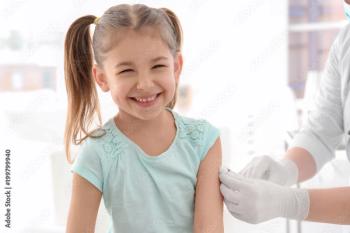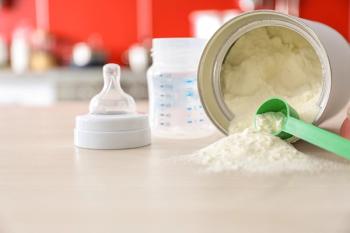
‘Spectacular Advancement’: RSV Shot for Infants To Be Widely Available This Fall Following CDC Recommendations
The Centers for Disease Control and Prevention cleared the way for the first immunization approved to protect all young infants and at-risk older babies against respiratory syncytial virus (RSV). There are questions, though, about when insurance coverage will kick in.
The Centers for Disease Control and Preventon last week
Nirsevimab is expected to prevent a lot of misery. Although
“This new RSV immunization provides parents with a powerful tool to protect their childrenagainst the threat of RSV,” said recently appointed CDC Director
In clinical trials, the shot reduced the risk of RSV-related hospitalization by about 75% and the need for intensive care by 90%.
Nirsevimab is a monoclonal antibody product that will be marketed as Beyfortus by drugmakers AstraZeneca and Sanofi. They said that it should be available within a few months.
Nirsevimab is not a vaccine. Vaccines prompt the body to make antibodies against pathogens; full immunity typically develops gradually over the following weeks and often lasts years. Nirsevimab does not stimulate the immune system. Instead, it consists of manmade antibodies. The protection, relative to a vaccine, is short-lived. Nirsevimab is effective for about five or six months, so it needs to be given just before or during the RSV season, which typically starts in October and ends in March.
That timing — in addition to the fact that RSV is most dangerous to infants under a year old and those with certain underlying medical conditions — explains the specific recommendations by CDC’s Advisory Committee for Immunization Practices (ACIP):
- One shot for infants younger than eight months born during or entering their first RSV season.
- One shot for children aged 8 to 19 months who are at increased risk of severe RSV disease and entering their second RSV season.
Nirsevimab is the first “passive” — passive in that the antibodies are delivered ready to go as opposed to being generated by an activated immune system —immunization to be added to ACIP’s widely followed schedule of recommended childhood immunizations.
ACIP also voted to add the monoclonal antibody shot to the federally funded Vaccines for Children Program (VCP), which provides immunizations free-of-charge to millions of children who might not get them otherwise.
But some advisory committee members expressed concern about costs. Although Sanofi and AstraZeneca have yet to announce a price, Beyfortus is estimated to be priced at $495 a vial for infants and $990 for those 8 months or older ($395 for the VCP program, which then gives it to participating pediatricians at no cost).
The Affordable Care Act requires insurance plans to cover ACIP-recommended immunizations with no cost-sharing for patients. But the law gives insurers up to 12 months to start coverage for new products, which would then take effect in the next plan year, so coverage for some patients could be delayed up to 18 months.
Plus, pediatrician practices would have to spend big sums upfront to buy enough vials for the estimated number of families who want the shot, without getting stuck with leftover product.
The advisors worried that some doctors would pass those costs on to patients. Even if insurance plans agree to start covering nirsevimab immediately, reimbursement for new products typically takes months to kick in. Lower-income families might not be able to afford the shot.
After CDC commendation last week, Matt Eyles, president and CEO of AHIP, the trade association for the health insurance industry, issued a statement that took aim at the prices that the companies are charging. “We look forward to working with clinicians on ensuring access to these new therapies, and strongly encourage the manufacturers of new RSV therapies to responsibly set the launch prices at affordable levels,” said the prepared statement from Eyles.
When
“This is a spectacular advancement. It’s going to help families and offices and keep kids out of the hospital. And two years from now, it’ll be covered by insurances and all the implementation will be in place. So there will be growing pains but I don’t want to lose sight of how important this advancement is,” said ACIP member and family physician
Newsletter
Get the latest industry news, event updates, and more from Managed healthcare Executive.























